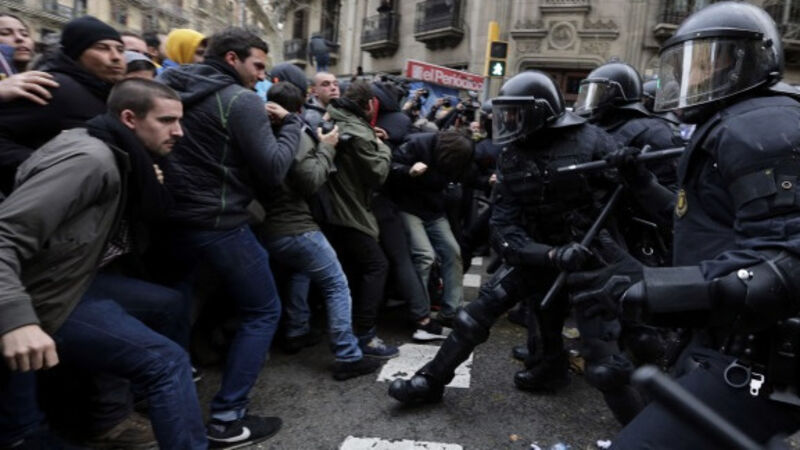European arrest warrants - Extradition rules need reforming

It isn’t necessary to be a eurosceptic on steroids to have concerns about the European arrest warrant (EAW) system, currently being used — and abused — by Spain’s government to get its Catalan dissidents back from Germany and Britain. Even the European Parliament voiced disquiet about what it described, back in 2014, as the system’s “imperfections”.
Few would argue that effective international extradition procedures are undesirable, since the only frontiers criminals such as child sex offenders, drug dealers and terrorists recognise are those behind which they can shelter. The EAW is a necessary device that can assist police forces in bringing people suspected of serious crimes to justice. It is simple and speedy. Extradition took an average of one year before the system was introduced; that has been cut to 48 days. But, as civil rights lawyers have repeatedly pointed out, it has flaws that have resulted in numerous cases of serious injustice.
















